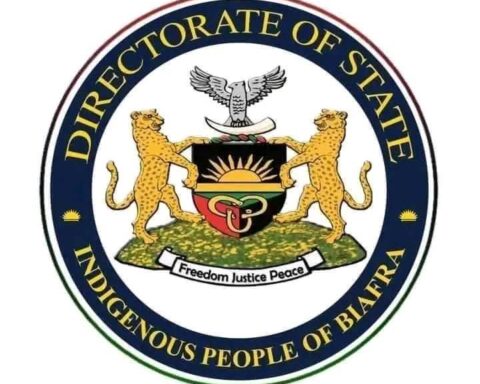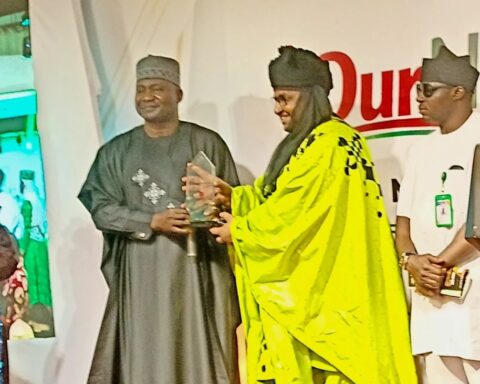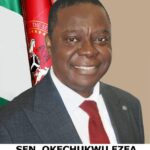By abiodun KOMOLAFE
The main thing about Governor Ademola Adeleke of Osun State is that there will be questions about whatever decisions he makes or does not make. Of course, there has always been a sword of Damocles hanging over Adeleke’s head for a long time.
The patriarch of the family and financier, Deji Adeleke, who is a very astute businessman, has to weigh his own personal options beyond the governorship incursion of a younger brother. For instance, will the older brother secure a sovereign guarantee to facilitate a consortium of international financiers in funding the $2 billion Omotosho Power Plant project? The Omotosho Power Plant is a significant driver of the Nigerian economy. It is capable of generating an additional 1,000 megawatts of electricity.
As we know, Nigeria is a developing country, where economic decisions are inextricably linked to political actions. Moreover, there’s no significant ideological divide driving political decisions among the elite. So, does it really matter if politicians switch parties or, to be impolite, move from one Special Purpose Vehicle (SPV) to another one? In Osun’s context, the crucial question is whether Adeleke, if he decamps, can convincingly take over the All Progressives Congress, APC’s machinery there. That will be the key question!
Surely certainly, taking over the structures of the Osun APC won’t be a cakewalk like it was in Delta and Akwa Ibom States. Osun is too fragmented and sophisticated to accommodate a smooth takeover, regardless of President Bola Tinubu’s influence. If Adeleke succeeds in decamping to the APC, a fierce battle for control of the party’s structure in Osun is likely, which would further erode the party’s already tenuous relevance. In light of this, the president needs to be cautious in his calculations.
It must be noted that politics in this part of the world has become more about personal advantage and jockeying for power than people-centric leadership. In contrast to the properly-structured political parties with clear ideologies, like the Action Group (AG) and the National Council of Nigeria and the Cameroons (NCNC), post-1999 political parties in Nigeria lack ideological foundations, and this has made it easy for individuals to switch parties without consequence.
This fluidity is distinct from the more ideologically-driven party switches seen in countries like the UK or US, where politicians might transition from the Conservative Party to Labour or from Republicans to Democrats. Nigeria’s lack of ideological anchor in its party politics contributes to its ongoing challenges. And that’s why we are where we are!
Now that rumours and insinuations are getting closer to reality, it’d be better for everyone to prepare for eventualities.



























